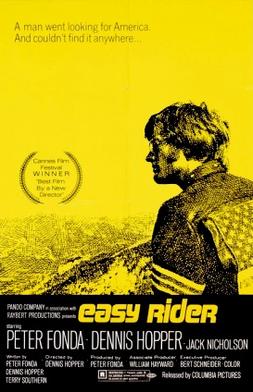
Easy Rider is a 1969 American independent road drama film written by Peter Fonda, Dennis Hopper, and Terry Southern, produced by Fonda, and directed by Hopper. Fonda and Hopper play two bikers who travel through the American Southwest and South, carrying the proceeds from a cocaine deal. The success of Easy Rider helped spark the New Hollywood era of filmmaking during the early 1970s.
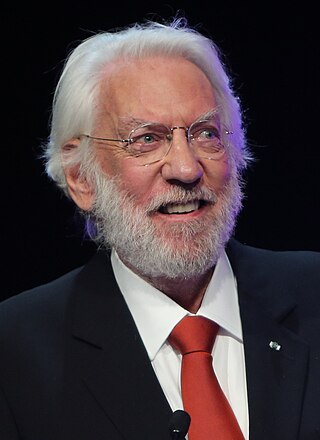
Donald McNichol Sutherland is a Canadian actor whose film career spans over seven decades. He has received numerous accolades, including a Primetime Emmy Award, two Golden Globe Awards, and a Critics Choice Award. He has been cited as one of the best actors never to have received an Academy Award nomination. In 2017, he received an Academy Honorary Award.

Ocean's 11 is a 1960 American heist film directed and produced by Lewis Milestone from a screenplay by Harry Brown and Charles Lederer, based on a story by George Clayton Johnson and Jack Golden Russell. The film stars an ensemble cast and five members of the Rat Pack: Frank Sinatra, Dean Martin, Sammy Davis Jr., Peter Lawford, and Joey Bishop. Centered on a series of Las Vegas casino robberies, the film also stars Angie Dickinson, Richard Conte, Cesar Romero, Patrice Wymore, Akim Tamiroff, and Henry Silva. It includes cameo appearances by Shirley MacLaine, Red Skelton, and George Raft.

Peter Henry Fonda was an American actor. He was the son of Henry Fonda, younger brother of Jane Fonda, and father of Bridget Fonda. He was a prominent figure in the counterculture of the 1960s. Fonda was nominated for the Academy Award for Best Original Screenplay for Easy Rider (1969), and the Academy Award for Best Actor for Ulee's Gold (1997). For the latter, he won the Golden Globe Award for Best Actor – Motion Picture Drama. Fonda also won the Golden Globe Award for Best Supporting Actor – Series, Miniseries or Television Film for The Passion of Ayn Rand (1999).
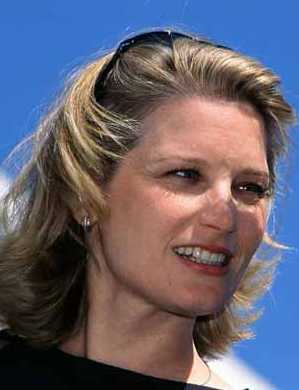
Bridget Jane Fonda is an American former actress. She is known for her roles in films such as The Godfather Part III (1990), Single White Female (1992), Singles (1992), Point of No Return (1993), It Could Happen to You (1994), City Hall (1996), Jackie Brown (1997), A Simple Plan (1998), Lake Placid (1999), and Kiss of the Dragon (2001). She was nominated for the Golden Globe Award for Best Supporting Actress for her portrayal of Mandy Rice-Davies in Scandal (1989), and received Primetime Emmy and Golden Globe nominations for the television films In the Gloaming (1997) and No Ordinary Baby (2001), respectively. Fonda retired from acting in 2002.
Helen Shaver is a Canadian actress and film and television director. After appearing in a number of Canadian movies, she received a Canadian Screen Award for Best Actress for her performance in the romantic drama In Praise of Older Women (1978). She later appeared in the films The Amityville Horror (1979), The Osterman Weekend (1983), Desert Hearts (1985), The Color of Money (1986), The Believers (1987), The Craft (1996),Tremors 2: Aftershocks (1996) and Down River (2013). She received another Canadian Screen Award for Best Actress nomination for the 1986 drama film Lost!, and won a Best Supporting Actress for We All Fall Down (2000). Shaver also starred in some short-lived television series, including United States (1980) and Jessica Novak (1981), and from 1996 to 1999 starred in the Showtime horror series, Poltergeist: The Legacy, for which she received a Saturn Award for Best Actress on Television nomination.

The Wild Angels is a 1966 American independent outlaw biker film produced and directed by Roger Corman. Made on location in Southern California, The Wild Angels was the first film to associate actor Peter Fonda with Harley-Davidson motorcycles and 1960s counterculture. It inspired the biker film genre that continued into the early 1970s.

John Phillip Law was an American film actor.
Troy Garity is an American actor. He is known for his role as Isaac in the Barbershop film series and as Barry Winchell in the television movie Soldier's Girl (2003), where he was nominated for a Golden Globe Award for Best Actor – Miniseries or Television Film. He also had recurring roles in the series Boss (2011–2012) and Ballers (2015–2019).
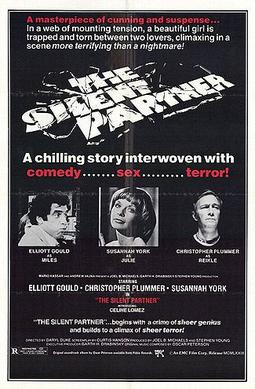
The Silent Partner is a 1978 Canadian thriller film directed by Daryl Duke and starring Elliott Gould, Christopher Plummer, and Susannah York. The screenplay by Curtis Hanson is based on the novel Think of a Number by Danish writer Anders Bodelsen, and is the third filmed adaptation of the novel.
The outlaw biker film is a film genre that portrays its characters as motorcycle riding rebels. The characters are usually members of an outlaw motorcycle club.
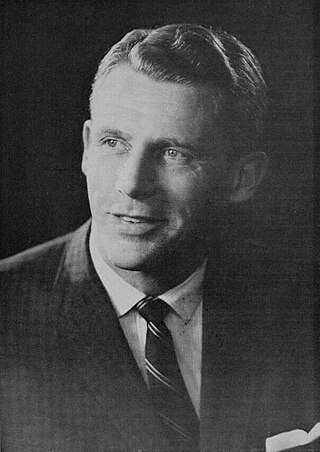
James Alexander Charles Auld was an Ontario political figure. He represented Leeds in the Legislative Assembly of Ontario from 1954 to 1981 as a Progressive Conservative member.
The Wars is a Canadian drama film, directed by Robin Phillips and released in 1983. An adaptation of the novel The Wars by Timothy Findley, the film centres on Robert Ross, the immature and closeted gay son of an upper class Rosedale family who enlists to serve in the Canadian Army during World War I.
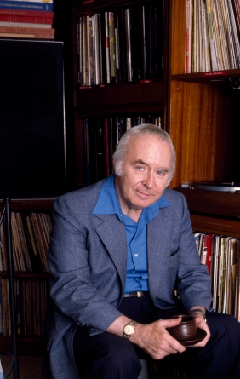
Clyde Gilmour, was a Canadian broadcaster and print journalist, mostly known for his half-century career with CBC Radio.

Starship Invasions is a 1977 Canadian science fiction film directed, produced and written by Ed Hunt and filmed in Toronto, Ontario. It was re-released in the United Kingdom as Project Genocide.
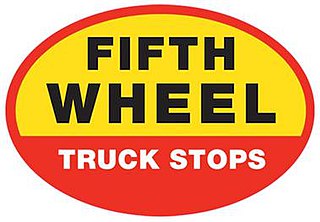
The Fifth Wheel Truck Stops was a chain of truck stops, with locations in Ontario, Manitoba and New Brunswick. They also offered motel service, restaurants, and truck/RV cleaning.
Peter Carter was a British-Canadian film and television director. Best known as the director of The Rowdyman and Klondike Fever, he garnered a Genie Award nomination for Best Director at the 1st Genie Awards in 1980 for Klondike Fever.

Clifford A. "Sonny" Vaughs was an American civil rights activist, filmmaker, and motorcycle builder. Vaughs designed the two chopper motorcycles used for the 1969 film Easy Rider, while an associate producer on the film. He also produced and directed the documentary What Will the Harvest Be? (1965) and Not So Easy (1972).
For the Record is a Canadian television drama anthology series that aired on CBC Television from 1976 to 1985. The series aired docudrama-style television films on contemporary social issues, typically airing between four and six films per year.
The Company 3 TFCA Luminary Award, formerly the Clyde Gilmour Award, is an annual award, presented at the discretion the Toronto Film Critics Association as a lifetime achievement award for distinguished contributions to the Canadian film industry. Named in memory of Canadian broadcaster Clyde Gilmour, who was posthumously honoured as the award's first recipient, the award honours achievements in any part of the Canadian film industry, including direction, production, criticism, broadcasting and film festival programming, that have helped to enrich the understanding and appreciation of film in Canada.













